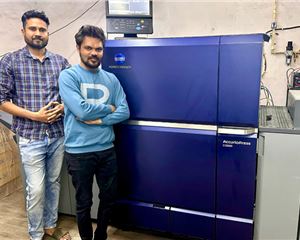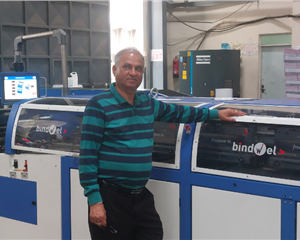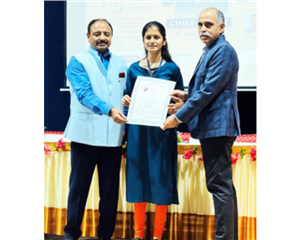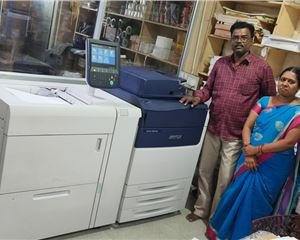Swedish recycling; tape from plastic waste
WhatPackaging?’s weekly updates on the new developments in the field of sustainability.
04 Sep 2021 | By PrintWeek Team
Swedish recycling facility to process all household plastic waste
Swedish Plastic Recycling (Svensk Plaståtervinning) is investing 1-billion Swedish krona — more than USD 116.5-million to develop a state-of-the-art plastics recycling facility at its existing facility in Motala, Sweden. The new operation will be able to recycle all plastic packaging from Swedish homes, with no carbon dioxide (CO2) emissions. Called Site Zero, the new 60,000-m2/645,835-sq-ft facility will be completed in 2023. The facility will be able to handle 200,000 tonnes of plastic packaging per year. This creates the conditions needed for receiving and eventually [recycling] all plastic packaging from Swedish households. Swedish Plastic Recycling operates a nationwide system for collecting and recycling plastic packaging in Sweden, a country with extended producer responsibility legislation that affects more than 10,000 companies. The current Motala facility, which Swedish Plastic Recycling claims is already the most efficient recycling facility in Europe, currently processes four types of plastic. When Site Zero is operational, it will be able to sort and recycle 12 types of waste. At Site Zero, any small pieces of plastic leftover after sorting will be separated and sent to chemical recycling or become new composite products. Swedish Plastic Recycling will use carbon capture storage (CCS) for the small amount of waste that cannot be recycled. No packaging will be incinerated. Site Zero will be fully automated, using 60 near infra-red (NIR) sensors for sorting along an approximately 5-km-/3.1-mile-long conveyor belt.
Tape based on industrial plastic waste
German tape manufacturer Monta Klebebandwerk GmbH has developed a self-adhesive tape based on industrial plastic waste. The new tape, Monta reTec 831, has a natural rubber adhesive and was designed to seal medium-heavy to heavy boxes. The film backing is made entirely of European post-industrial recyclate (PIR). The company says that, as a result of this, the raw materials utilised have a carbon footprint that is 33% lower than conventional BOPP plastic adhesive tape. Monta’s solution aims to give new life to polypropylene waste that might have been discarded previously. At the film manufacturer’s facility, the waste is processed into post-industrial recycled polypropylene and utilized as a carrier for the monta reTec 831 adhesive tape. Monta then coats this carrier with a natural rubber adhesive, which it says meets the technical requirements even for difficult surfaces or extreme environments, such as in deep-freeze areas. When it comes to disposal, the adhesive tapes are completely detached from cardboard, and do not disrupt the cardboard recycling process.
17-year-old makes grow bags from recycled plastic bottles
In July, Jinay Gada (17), a student of KJ Somaiya College of Science and Commerce, Mumbai, launched ‘Planteria’ that manufactures lightweight grow bags from non-woven fabric. The grow bags are made of non-woven fabric extracted from plastic bottles and covers. They are sturdy, regulate water drainage, and promote air pruning. To date, Gada has sold 200 bags through social media. Garda started gardening at home when the first lockdown was announced in March 2020. He grew various flowering plants like roses, some plants from cuttings like money plants, and even tried growing fruits and vegetables. However, when he wanted to purchase lightweight planters for his balcony, they were either made of all-plastic or were too expensive. So, he took matters into my own hands and decided to make my own grow bags. After researching a bit, he understood that grow bags were also made using fabric. In April 2021, through suppliers in Surat, Gujarat, he sourced non-woven fabric made from discarded plastic collected in landfills. He ran tests on how much weight the material could hold, how porous it was and how sturdy it was before finalising a supplier.














 See All
See All